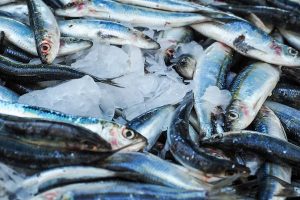
Study: U.S. fishing law does not constrain most fisheries or cause ‘underfishing’
A new study finds that criticisms about "underfishing" in U.S. waters may be misguided, with lack of demand a contributing factor.
Understanding the significance of bycatch is critical to managing Antarctic krill, a keystone species and the largest fishery in the Southern Ocean.

A new study finds that criticisms about "underfishing" in U.S. waters may be misguided, with lack of demand a contributing factor.
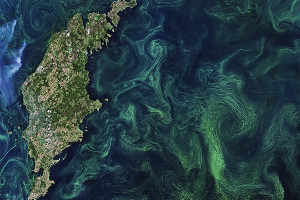
With marine heatwaves on the rise, a new study presents a roadmap on what scientists, fisheries managers and policymakers should prioritize.
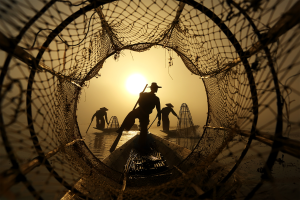
FAO report underlines the vital role small-scale fisheries play in ensuring global food security and sustainable development.
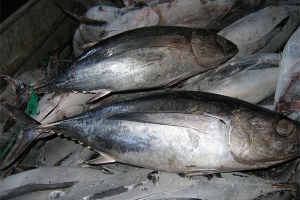
Research highlights the potential of a synthetic-control method to estimate the causal effect of catch quotas on fishing mortality and biomass.
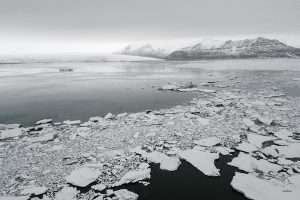
Fish populations are responding to ocean warming by shifting toward the earth’s poles or moving to deeper waters – all in a bid to stay cool.
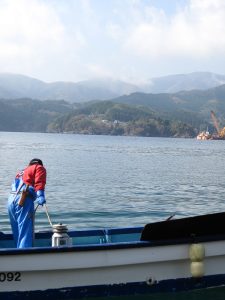
The Fukushima water release is set to start in a few months, but with growing concerns, IAEA experts will review Japan's final plan first.
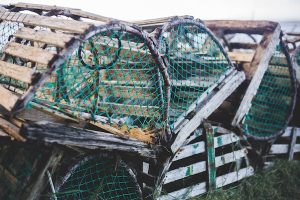
The lobster population in Canada’s Maritime region falls within the healthy zone, but scientists worry about the effects of climate change.
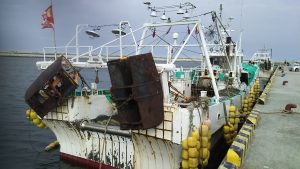
In Japan, discussions continue and concerns grow as authorities prepare for the Fukushima water release into the Pacific Ocean.
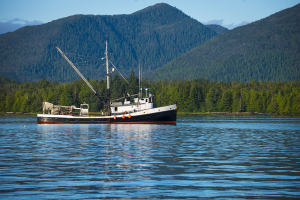
To properly evaluate a fishery management system, we need a measure of the management regime as a whole: Enter the Fisheries Management Index (FMI).
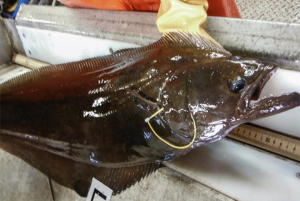
Deep learning technology can estimate individual ages and age distribution of Greenland halibut with more consistency than human estimations.
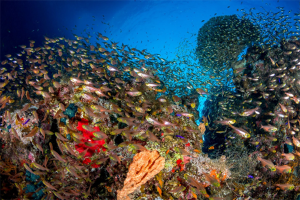
Researchers created an artificial intelligence model that has successfully estimated fish stocks with 85 percent accuracy in trials.
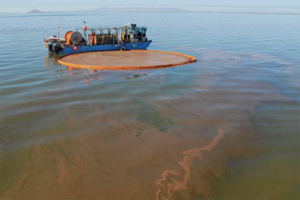
Artemia cysts are stored and hatched for use as live feed for shrimp hatcheries and approximately 99 percent of the product is exported.
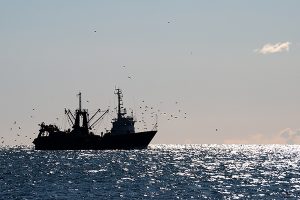
Two new studies find that U.S. fishing policy is rebuilding fish populations while not preventing most fishers from making their catch.
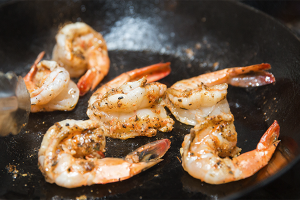
The American Shrimp Processors Association has entered the U.S. Gulf of Mexico shrimp fishery into sustainability assessments.
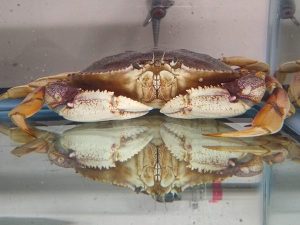
A study finds ocean acidification causes Dungeness crabs to sniff less frequently, which may contribute to the crab population collapse.